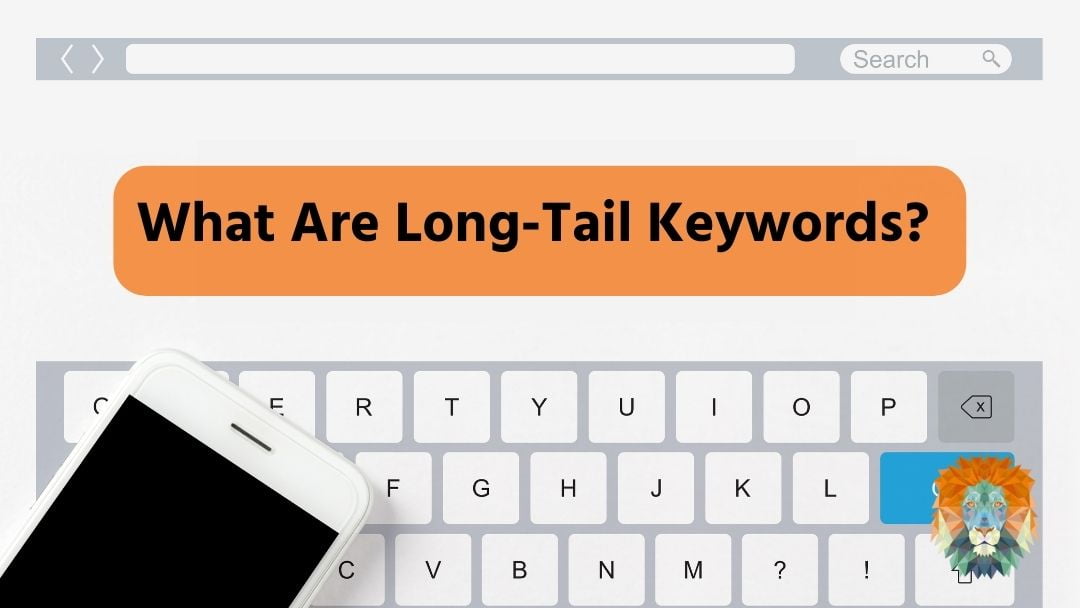You’ll probably see a lot of SEO companies telling you that your site should be mobile-friendly. And frankly, they’d be right. But the thing they often won’t do is tell you what being mobile-friendly means, or how to actually achieve it.
Thankfully, the reality is simple. Mobile-friendly simply means that people accessing your website from a mobile device (phone, tablet etc) will see a different ‘version’ of your website that performs well on mobile devices so that they have a good experience with it. But don’t panic! That doesn’t mean you have to go and design a whole new website just for mobile users (unless that’s what you want to do). There are some simple things you can do to make your website mobile-friendly that won’t break the bank, or take months to complete.
What Makes A Mobile-Friendly Website?
Responsive Layout
The word ‘responsive’ in the web design world simply means something that’s able to adapt to different things. Having a responsive design enabled on your website means that the design will be able to adjust and adapt to the screen size of the user, whether they’re on a mobile phone, a tablet or a laptop. This type of layout is very intelligent and will display the most relevant content during the change so that mobile users get the best experience. Responsive layouts are generally preferred to a separate mobile-serving website as it means if the user turns their device round the website will move to suit the new space and the website adapting to screen size doesn’t affect loading time at all (that becomes important in a minute).
Responsive layouts are also important for SEO purposes. Google has been very open about the fact that they prefer mobile-friendly websites and that they will rank those with responsive designs higher than those that don’t. Depending on how complex your website is, a responsive design can be the difference between a high conversion rate and an incredibly low one.
Website Speed
In the old days of the internet, you never had to worry about speed. The internet was the speed it was, and your website design didn’t really have a whole lot to do with it. But a lot has changed, and now in the time of ultra-fast fibre-optic broadband, website speed is very much a priority. In fact, Google considers fast loading speeds as a positive ranking factor, so you have two reasons to invest in your website’s speed. Some simple ways to improve your load speed would be to compress images, host any videos on a third-party site and then embed them in your website so that your site isn’t having to throttle load times to manage them.
Research done by Google shows that it takes most websites over 5 seconds to fully load. It also found that most visitors will have clicked away by then. Mobile page speed is slightly better, but still not ideal! Even a 1-second delay in page load time can seriously damage your conversion rates, so it’s not a trivial thing.
Declutter The Design
From a user perspective, mobile devices have much less screen real estate to use, and the last thing you want is to clutter it up. Slim down things like buttons and calls to action so that users can easily access the information they need, and make good use of white space to keep things separated and easy to identify. This avoids confusion and makes for a better browsing experience. Larger fonts and spaced-out links can help here too, as it makes it clearer to read and easier for thumbs and fingers to click the links.
The other important thing to remember is that a vast majority of web traffic is now coming from mobile devices, which means a lot of people using 4G and sometimes even 5G to connect to your website. Loading times vary over data as opposed to WiFi, so mobile sites need to be designed with this in mind. That research we mentioned earlier by Google? It found that most mobile sites are still slow and bloated with too many elements to load quickly on 4G. So, when designing your website, remember that simple is best for both users and Google.
Always Test
Once you’ve built your website it’s all too easy to just leave it alone and forget about it. But there are so many changes happening online and with search engines that you need to be checking and testing your website regularly to see if there are any ways to improve. This is particularly important if you’ve just made any big changes to the site, so you can be sure everything is working as it’s supposed to. Don’t forget to test on both Android and iOS to cover all of your bases.
For mobile-friendliness, there are a lot of websites and tools that will offer to analyse your site, so it’s largely a case of choosing one that you like. Personally, we prefer Google’s mobile-friendly test, since they are the ones ranking you, and it’s free to do.
If you aren’t sure how mobile-friendly your website is, then we can help. At Lion Spirit Media, we offer a custom website design service that includes responsive and mobile-friendly design. We will happily assess your existing website and provide you with a report that showcases where your site is performing well and where it could use some improvement. If you would like to know more, just get in touch with the team today.





0 Comments